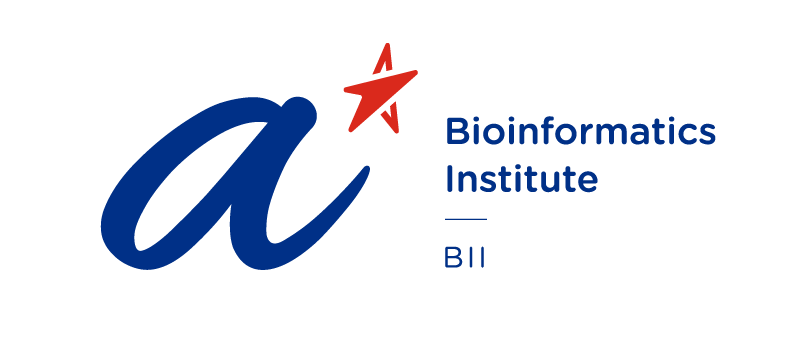Tschaikner P
Tracking and blocking interdependencies of cellular BRAF-MEK oncokinase activities
The selective targeting of mutated kinases in cancer therapies has the potential to improve therapeutic success and thereby the survival of patients. In the case of melanoma, the constitutively active MAPK pathway is targeted by a combinatorial inhibition of BRAF and MEK activities.
ReadMutation-oriented profiling of autoinhibitory kinase conformations predicts RAF inhibitor efficacies
The pharmaceutical targeting of mutated BRAF has shown promising clinical outcomes in patients with melanoma. However, more than 300 reported BRAF patient mutations and the occurrence of a kinase-drug resistance mechanism hamper patient-oriented therapies. We have developed an extendable and cell-based kinase conformation reporter platform (KinCon) to predict and compare the effect of kinase drugs. We systematically evaluated drug efficacies by assessing KinCon reporter dynamics in response to different drugs and patient mutations. Our findings suggest that FDA-approved melanoma inhibitors may have the potential to block non-V600E–mutated BRAF activities also in non–small-cell lung cancers (NSCLC). We assume that widespread analyses of KinCon:drug interactions may assist in the future in identifying patient mutation–specific and thus more effective kinase inhibitors.
Read